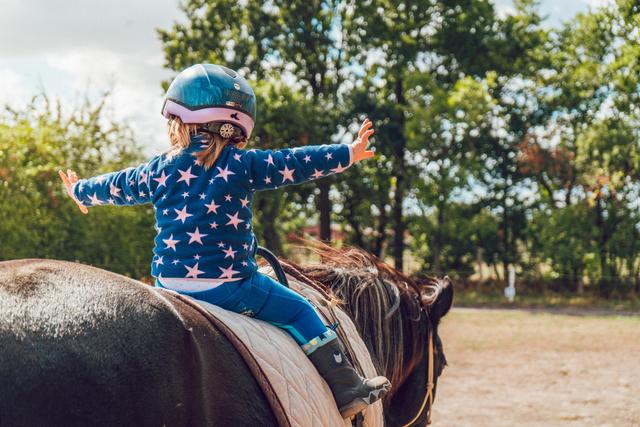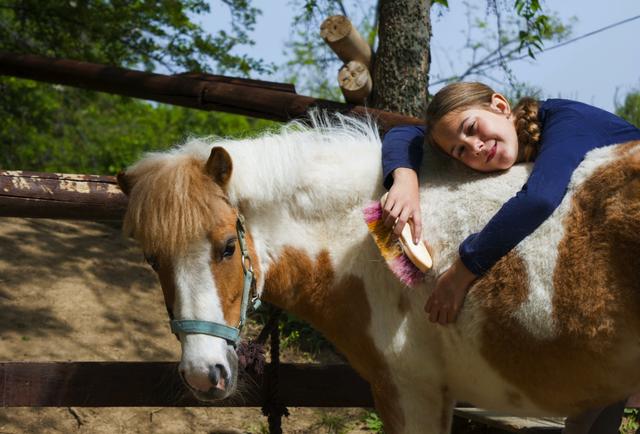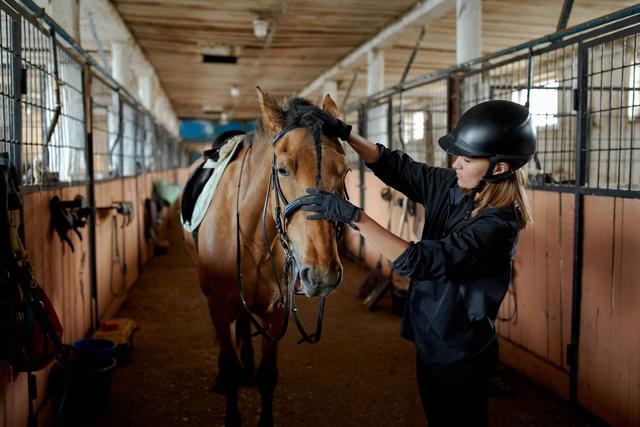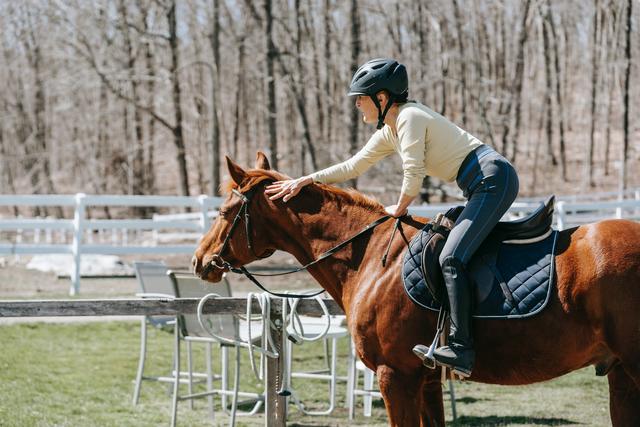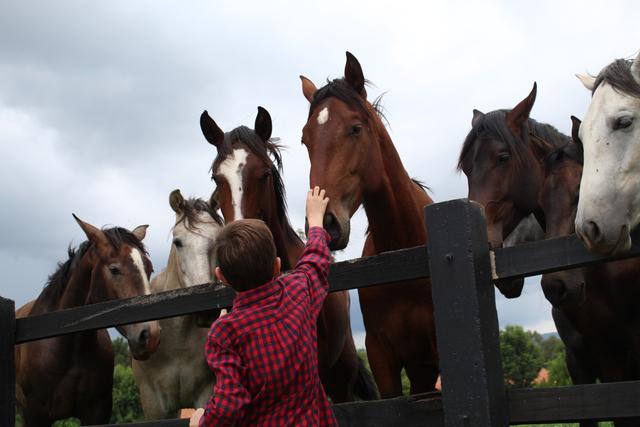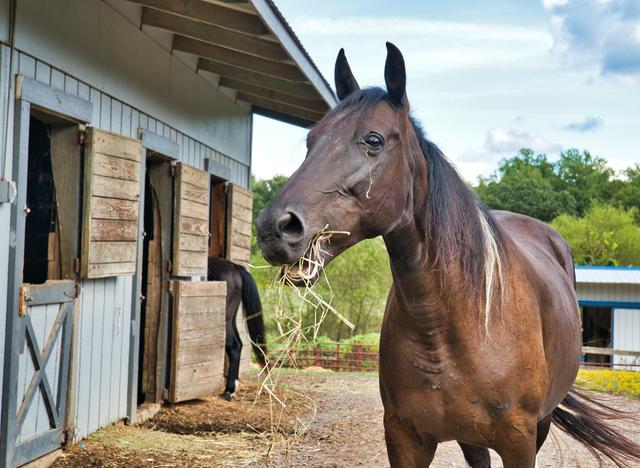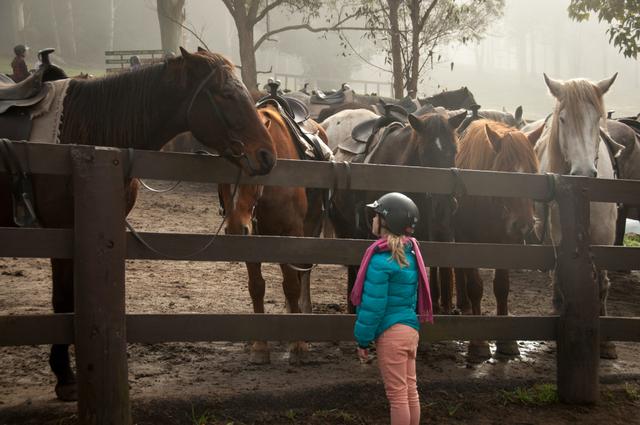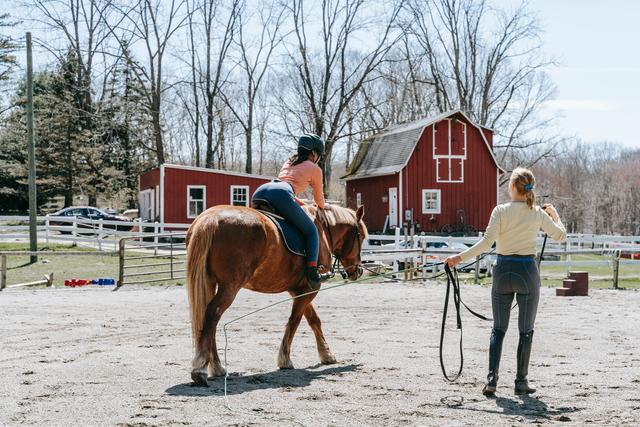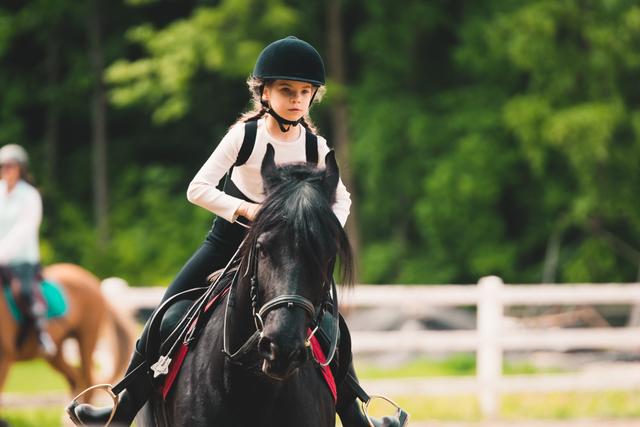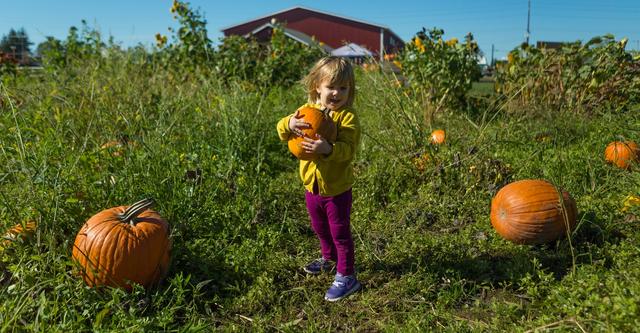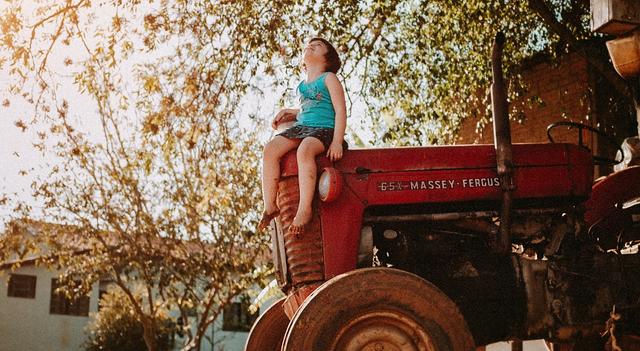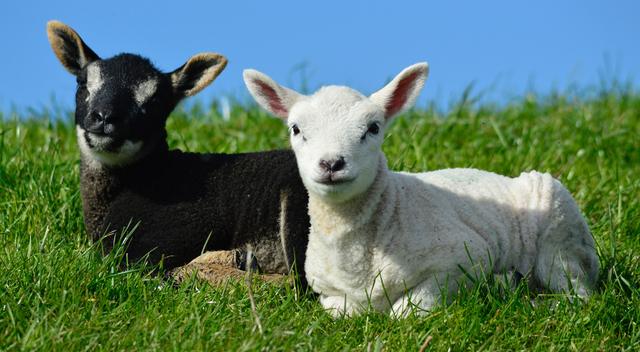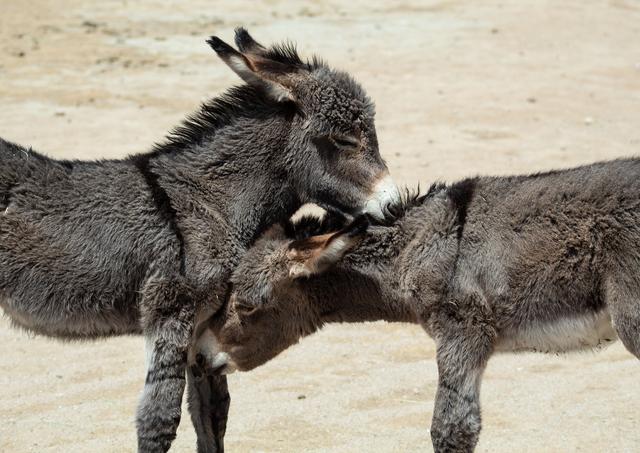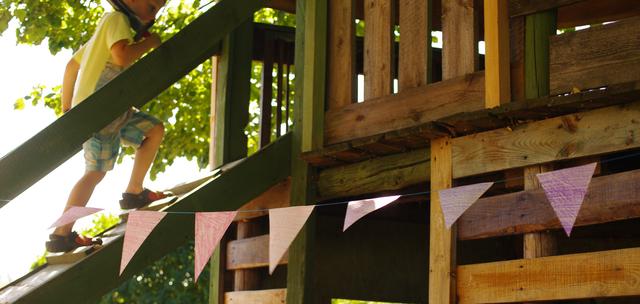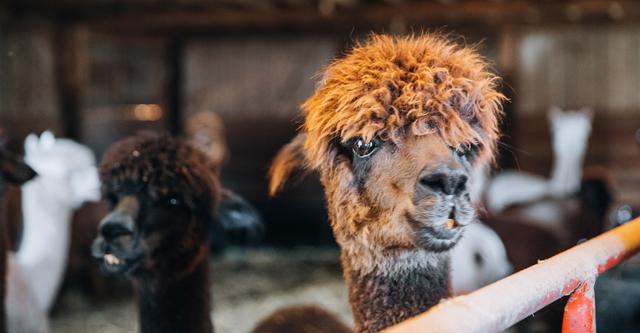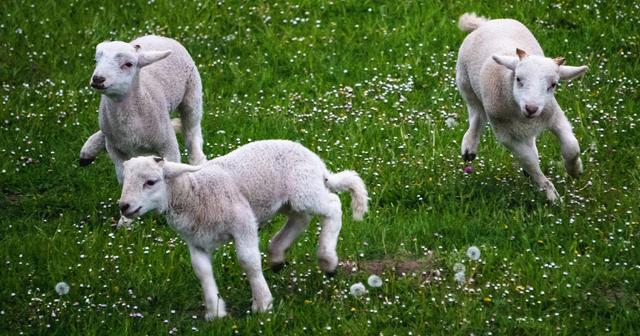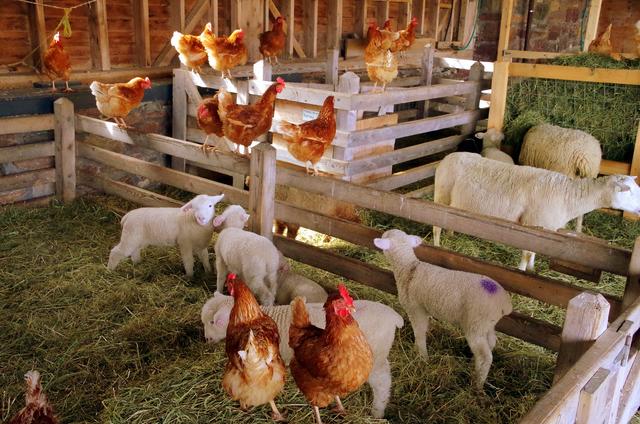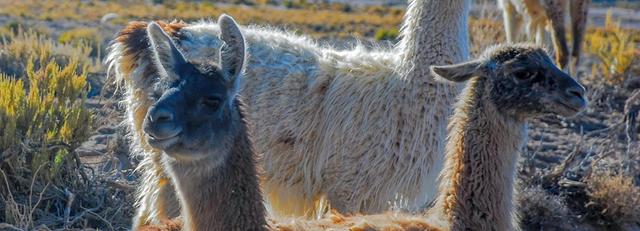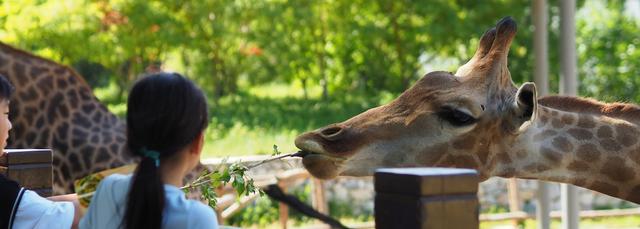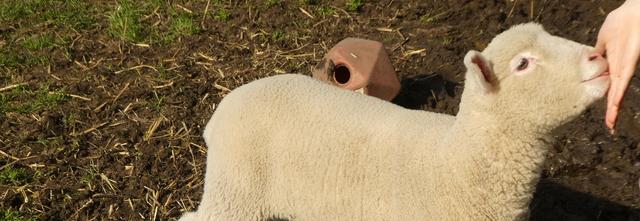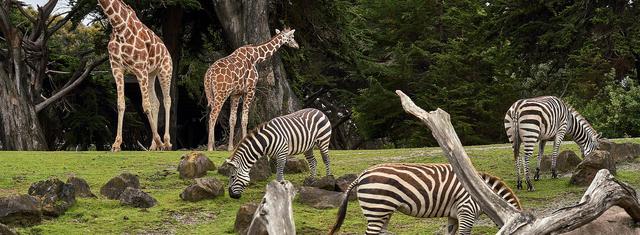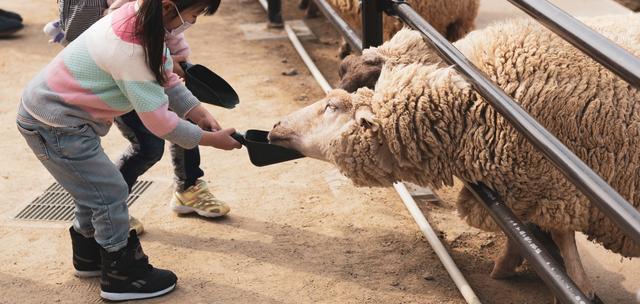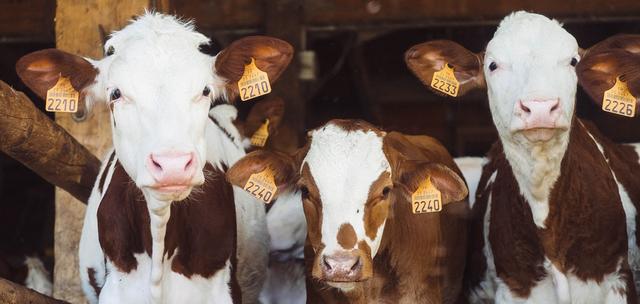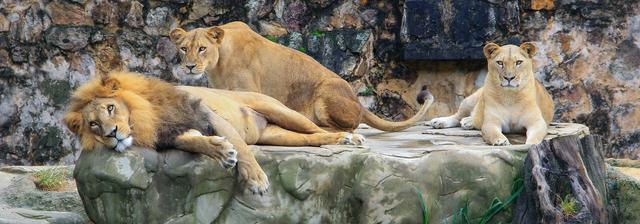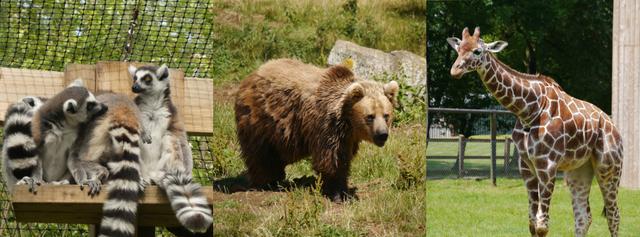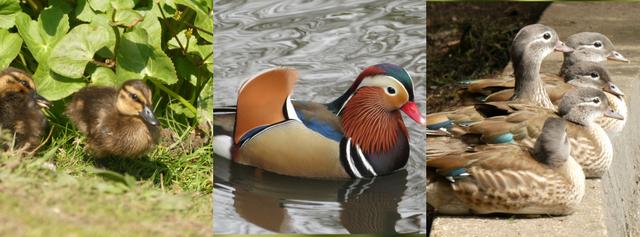Animals Articles
Animals For Kids In The UK
Exploring the rich tapestry of history and affection toward animals in the UK, it's evident that children have always shared a unique bond with the animal kingdom. Delving into the past, our journey with animals for kids in the UK begins with the ancient Romans, who introduced the concept of pets like dogs, cats, and even exotic monkeys to Britain. This historical bond evolved substantially through the ages, becoming a deeply ingrained part of British culture and family life.
As time progressed into the 19th and early 20th centuries, British aristocracy played a significant role by forming vast country estates featuring deer parks and game reserves. These majestic spaces, originally private, gradually opened to the public, providing children the opportunity to encounter wildlife firsthand. Such experiences allowed them to appreciate and understand the natural world, fostering a lasting respect for its inhabitants.
The post-war era marked another pivotal moment in the interaction between children and animals in the UK, with the introduction of Pet's Corner at the London Zoo. This feature became a beloved attraction, drawing children eager to meet and learn about diverse animal species up close. In more recent years, the emergence of farm parks, wildlife parks, and tailored educational programmes have only expanded these opportunities, making animal-related activities accessible and enjoyable for children across the nation.
Today, the UK offers a multitude of avenues for young ones to connect with animals, ranging from traditional petting zoos and farm parks to innovative wildlife sanctuaries and educational workshops. These initiatives not only entertain but also educate children, enriching their lives with knowledge and affection for the animal kingdom. Through these experiences, kids continue to forge lasting memories and learn valuable lessons about compassion, conservation, and the intricate ecosystems that sustain all forms of life.
The Benefits of Animals
Engaging with animals provides a wealth of health benefits for children. Interacting with animals has been shown to significantly reduce stress, anxiety, and depression among the young population. This mental health boost is attributed to the calming influence animals often have on children, promoting feelings of emotional well-being. Moreover, activities related to animals, such as visiting farm parks or wildlife sanctuaries, naturally encourage physical activity. These outings necessitate walking, playing, and exploration, all of which contribute to better physical health and can combat issues like child obesity.
Socially, animal interactions foster significant developmental benefits. Activities that involve animals can help children develop better communication and social skills as they navigate these interactions alongside their peers. This environment is excellent for boosting confidence and teaching empathy toward other living beings. Additionally, educational encounters with animals expand a child's understanding of biodiversity, teaching them about different species, their habitats, and the broader environmental impact. This holistic approach to learning through direct experiences not only broadens their scientific knowledge but also enhances their overall academic curiosity.
FAQs
Q: What are some popular animal-related activities for kids in the UK?
A: Some popular animal-related activities for kids in the UK include visiting petting zoos, farm parks, wildlife parks, and educational programmes at zoos and wildlife sanctuaries.
Q: Are there any safety concerns when taking kids to animal-related activities?
A: Yes, it's essential to follow safety guidelines when visiting animal-related attractions with kids. This may include supervising them closely, ensuring they wash their hands before and after interacting with animals, and following any specific rules or instructions provided by the attraction.
Q: How can parents encourage their kids to learn about animals at home?
A: Parents can encourage their kids to learn about animals at home by reading books, watching documentaries, and engaging in activities such as drawing or crafting projects related to different animals.
Q: What are some common animals kids can keep as pets in the UK?
A: Common pets for kids in the UK include dogs, cats, rabbits, hamsters, guinea pigs, and birds.
Q: How can kids help animals in need?
A: Kids can help animals in need by supporting local animal shelters and wildlife sanctuaries, volunteering their time, and raising awareness about animal welfare issues. They can also make donations or participate in fundraising events.
